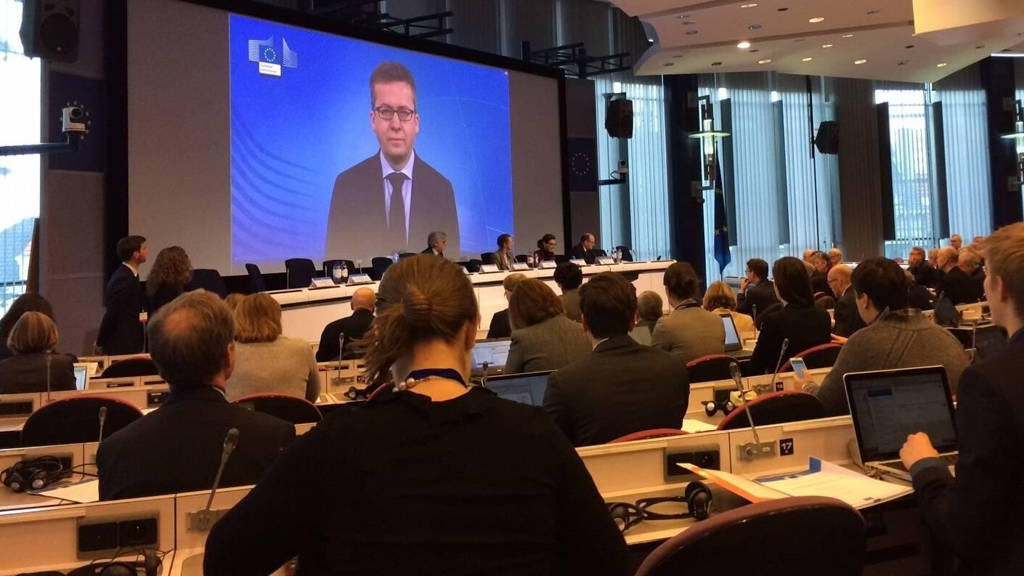The European Commission’s Scientific Panel for Health has a firm belief that the health of citizens in Europe will benefit from a more holistic research approach. In other words, if researchers start working together international, translational research becomes reality and, as a result, healthcare will be delivered in an integrated fashion and people will receive health management and/or treatments at the right moment and place and personalized to their individual needs.
Wish list
What is needed to make this happen? First of all: more ‘good research’ (read clinical trials), more money, big data, training programmes for researches, research networks of pharma and academic institutions, and a regulatory framework to bypass privacy issues. This is what most speakers expressed whilst addressing the approximately 400 participants of the first annual conference of the SPH in Brussels, 21st January 2016.
Fragmentation calls for integration?
Clearly, both healthcare and research are fragmented. And if fragmentation is the problem, most people nowadays believe integration is the ‘solution’. But what is causing fragmentation? I’m afraid not one of the speakers at the conference addressed this question in sufficient detail. Working in the field of care coordination for about 20 years, I often witness stakeholders to address symptoms of failing systems whereas the real ‘solution’ takes much more than for example digital data, new money and models of partnership. If fragmentation is a symptom of a failing system, the 1M question is: what is causing fragmentation and how can we tackle these causes most effectively?
Challenges and opportunities
Breaking longstanding silos is everything but simple. Various speakers at the conference called for international research networks. For these networks to flourish one needs money, data, and a supportive regulatory framework. The examples or, as speakers said, ‘best practices’ showed partnerships among the usual suspects mostly working in the field of biomedical research (in opposite to the entire continuum and neglecting e.g. health services research, implementation science) and addressing diseases such as cancer and cardiovascular diseases.
Next steps
I welcome the discussion around ‘better research for better health’. I wish we start to address casual factors of fragmented systems instead of focusing on symptoms. I wish we start defining outcomes and work backwards to redesign healthcare and research. I wish we include the customer of healthcare at every single step.
Author: Prof dr. Bert Vrijhoef, Professor Health Services Research NUS&NUHS Singapore, Maastricht UMC+, en Vrije Universiteit Brussel and editorial board member ICT&health (reply here or via Twitter: @BertVrijhoef)










